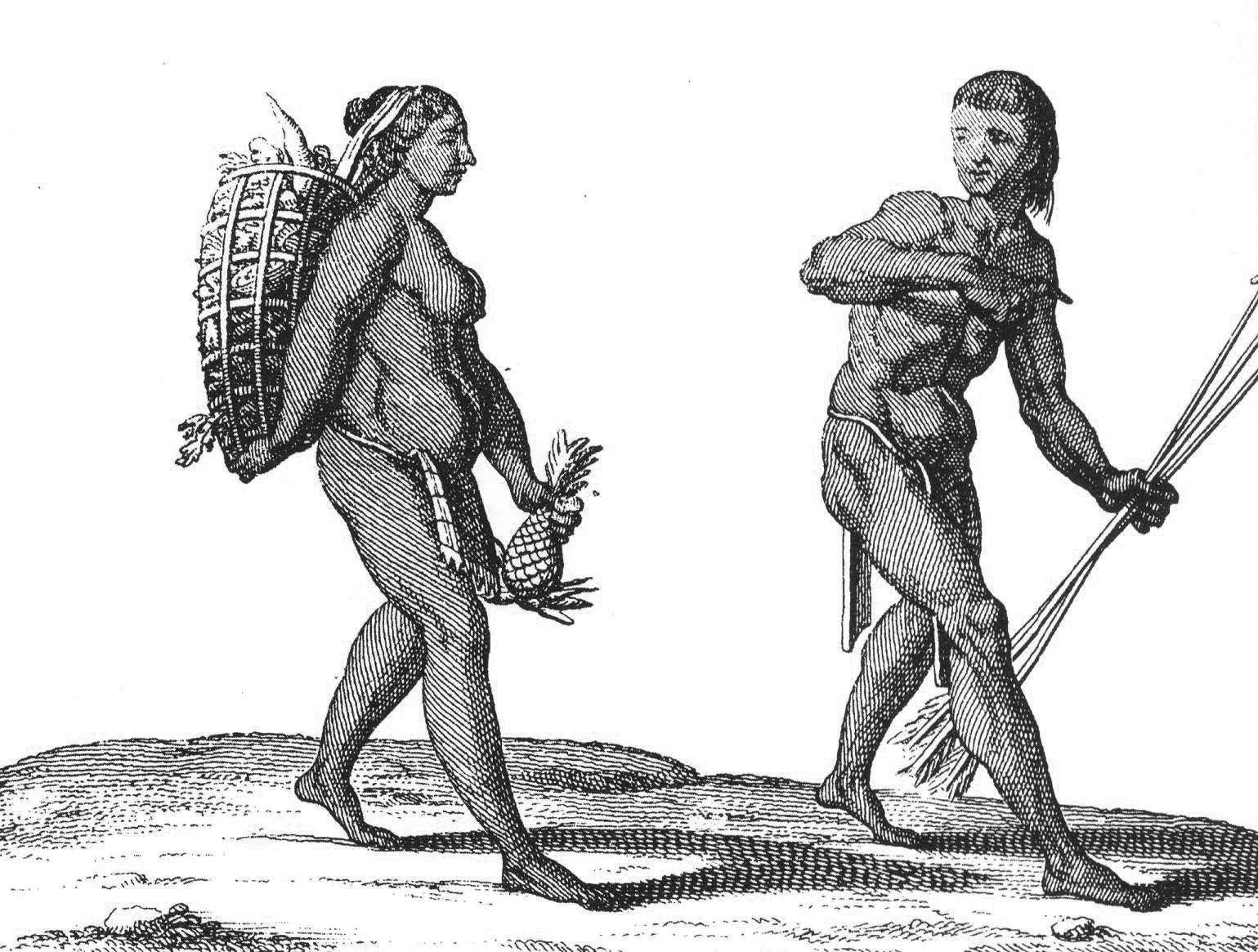
Wikimedia Commons
A study in Science authored by a consortium of world-renowned archaeologists — including anthropology professor Jessica Thompson — found that humans have been using and manipulating land far longer than climate models have previously taken into account.
According to lead author Lucas Stephens, a senior research analyst for the Environmental Law & Policy Center in Chicago, the study surveyed around 1,400 archaeologists to compile already-existing data about human impact on land. The study also revealed a lack of research on some regions of the world, like southern Africa, while others have been thoroughly investigated for years, Stephens said.
According to Stephens, modern climate models often rely on hypothesizing how humans use land to determine their footprint. But for years, as a result of insufficient data, these models have underestimated the depth and the intensity of human impact.
“We found people through the networks of the lead authors [of the study and] through journal searches,” said Stephens. “We asked organizations to send emails out for us. Then we sent out the survey and waited for the responses to come in.”
Corresponding author Erle Ellis — an environmental scientist at the University of Maryland, Baltimore County — said he designed the study to fill what he saw as a gap in data on human transformation of the planet.
“This is the first global map and dataset of land use changes over the past 10,000 years to 1850 built on the empirical knowledge of archaeologists,” Ellis said. “All other existing global maps and datasets on early land use are based on model predictions.”
After receiving 255 responses to the survey, the researchers had archaeologists pick regions they were familiar with and describe how the land in these regions was used or affected by humans at ten different time periods, Stephens explained.
If an archaeologist chose to map at least four regions, they joined the team as a co-author. At publication, 120 scientists had co-written, edited and built consensus on the information published.
According to Stephens, the study revealed the discrepancy between the data climate models used and the data that the archaeologists collected. The study also identified which areas of the world have been extensively researched and which areas have “seen less attention,” Stephens said.
In an interview with the News, Thompson said she provided information about three regions in southern Africa for the study.
“[The study] definitely highlighted for me the unevenness of archaeological knowledge across the region,” Thompson said, “and the relative lack of research emphasis compared to other regions.”
For his part, Stephens said this inconsistency in the amount of research conducted about different regions was one of the most important findings of the story. This discovery will help prioritize areas for future archeology research, Stephens said.
According to Stephens, the study highlighted the long-lived human impact on the planet, and how “deep” that history really is.
“Archaeologists and other people have known for a long time that these land use reconstructions were off,” he said. “Archaeologists were constantly finding evidence that agriculture was here in a region earlier than being fed to these climate models. But there hadn’t been a way to synthesize all of that and put it into a format that could be used.”
Stephens added that reconstructions of land use that already exist were mostly done by earth scientists who used algorithms based on population and land use data instead of relying on archaeological records. These were “just not accurate,” he said.
Thompson cited the findings of the article as evidence to debunk the concept that any environment humans had been living in could be “truly pristine.”
According to Thompson, the study demonstrates that human impact on the planet has been growing over the past 10,000 years.
“[By] taking this long-term view,” she said, “we are able to get a much better sense of the rate of change. This makes it clear that recent human impacts, even in just the last 500 years, have been truly extraordinary in their scope and scale.”
According to Encyclopedia Britannica, early human farming began about 11,700 years ago.
Anna Gumberg | anna.gumberg@yale.edu







